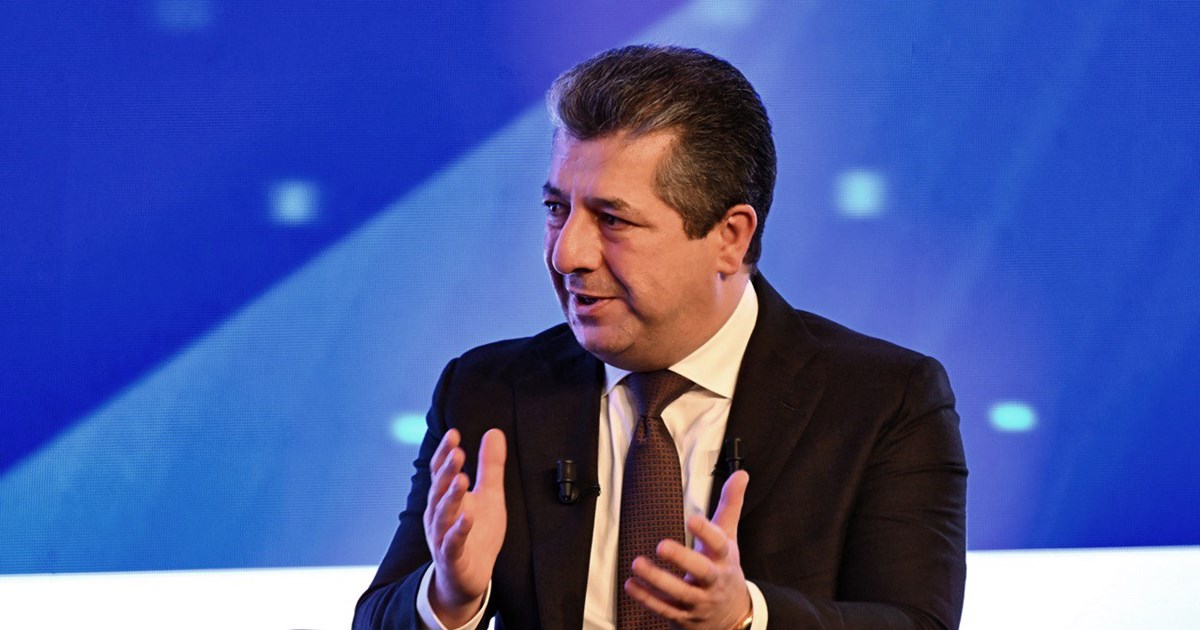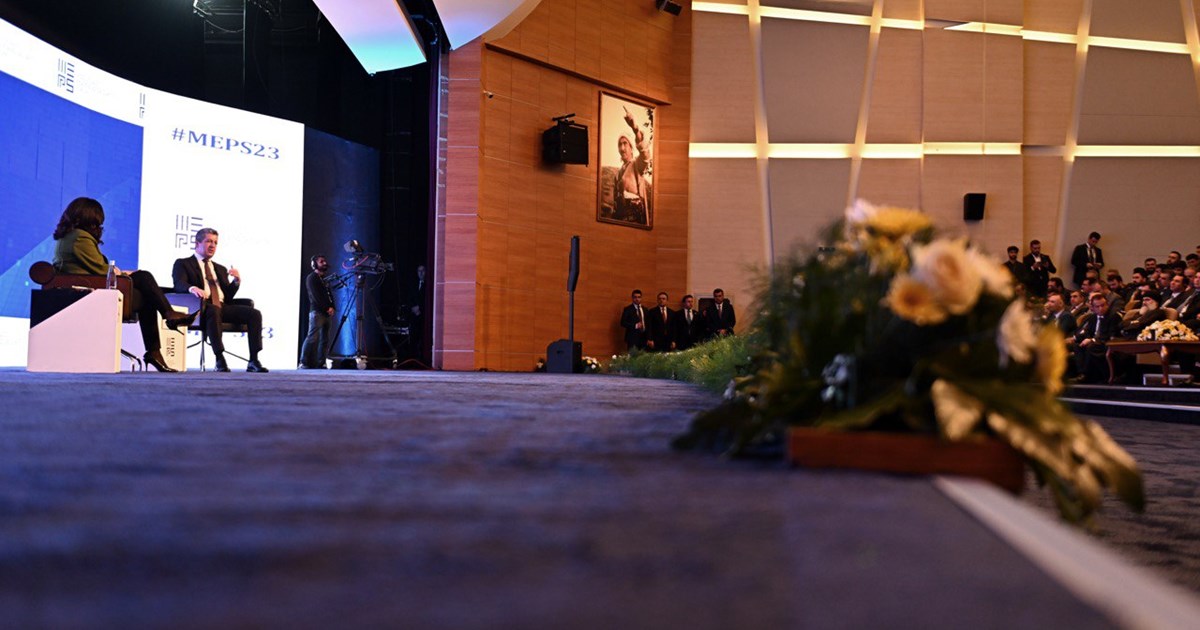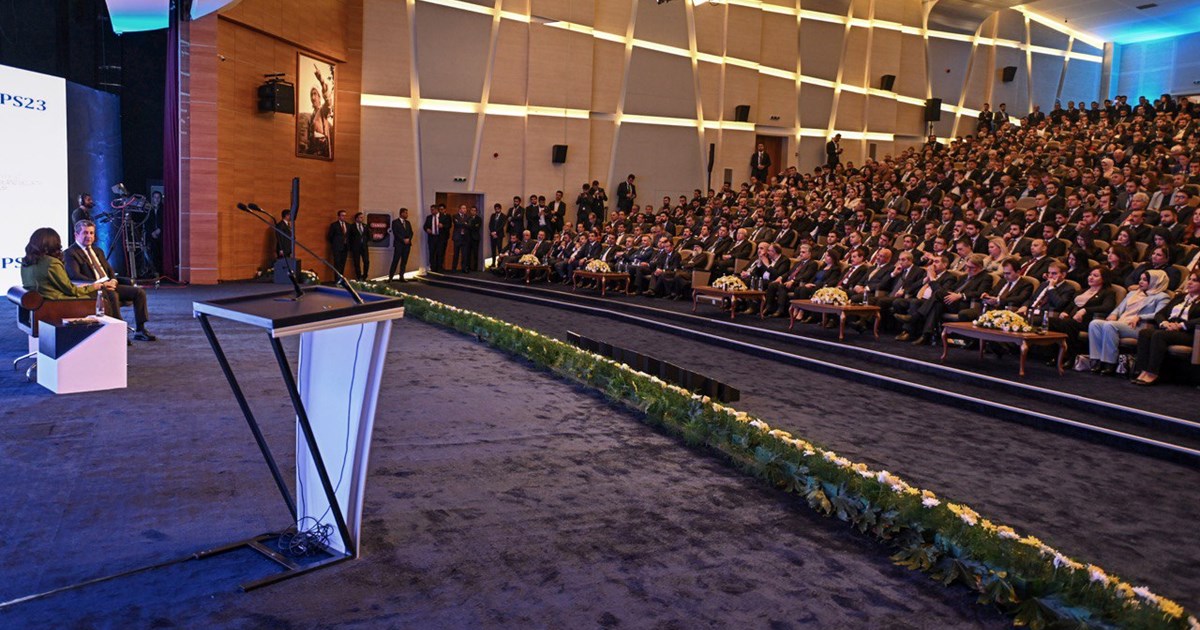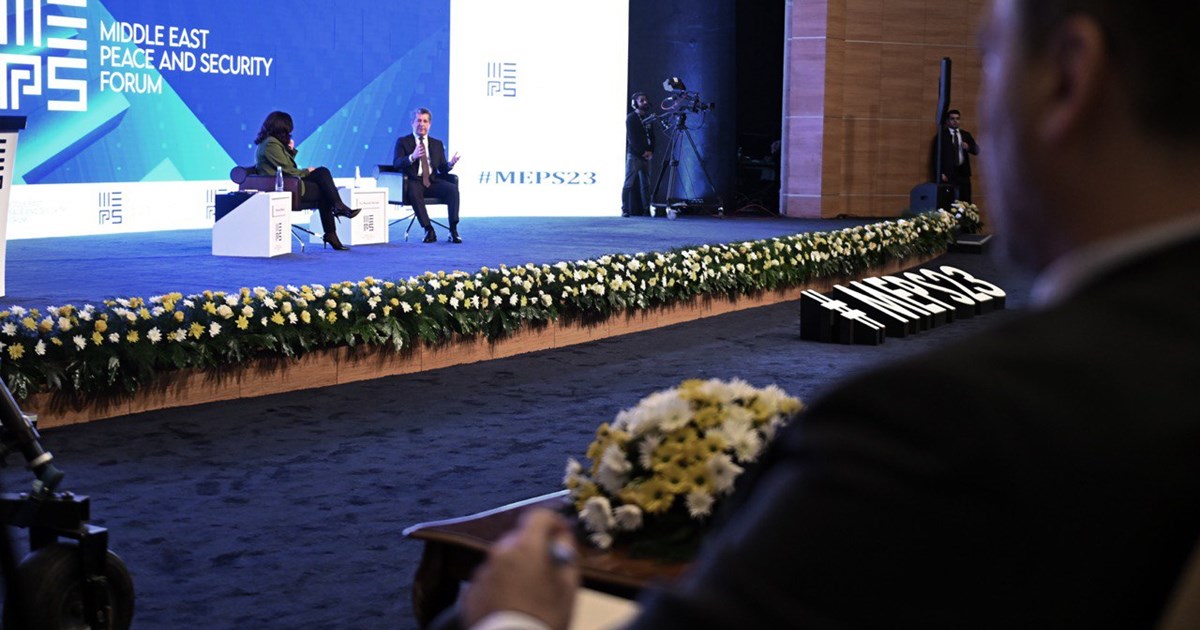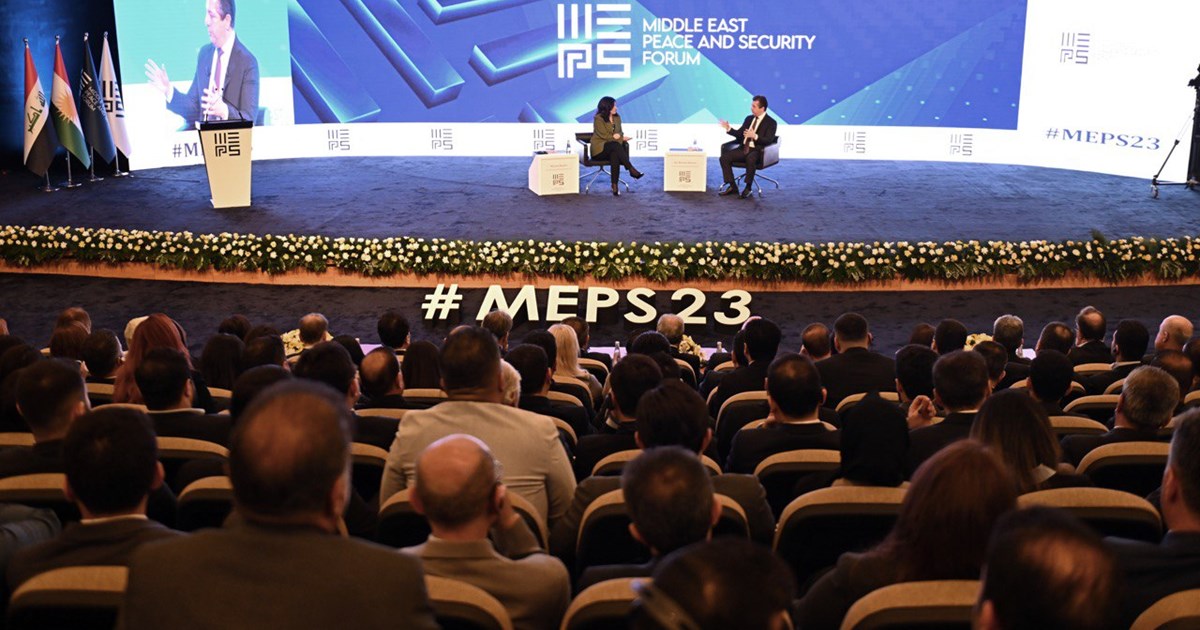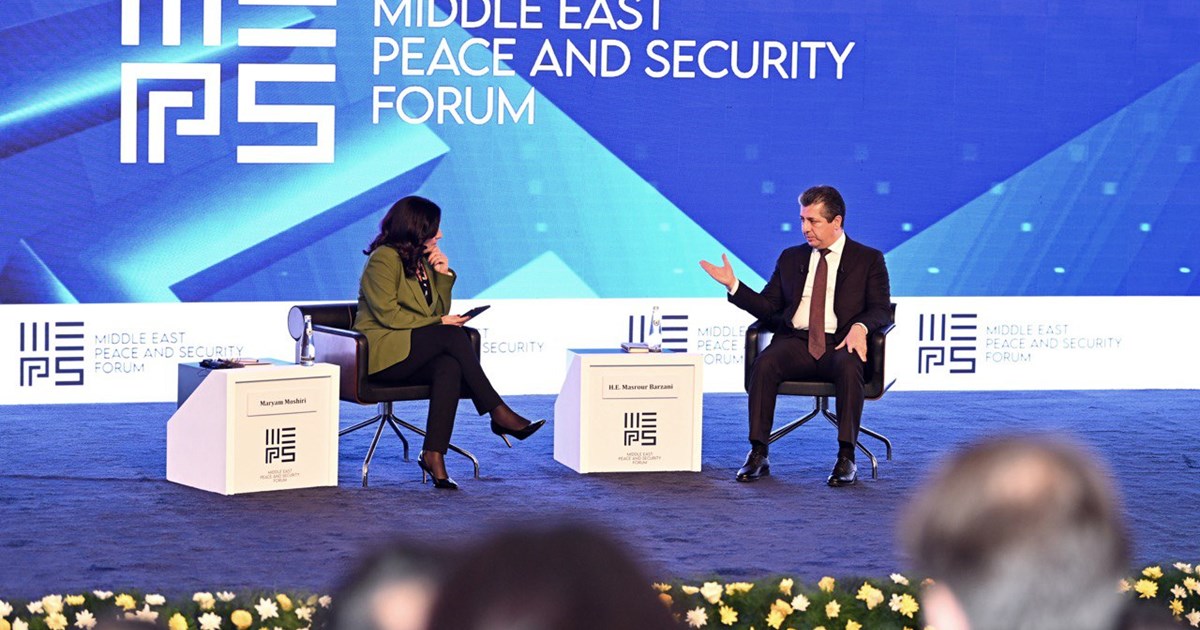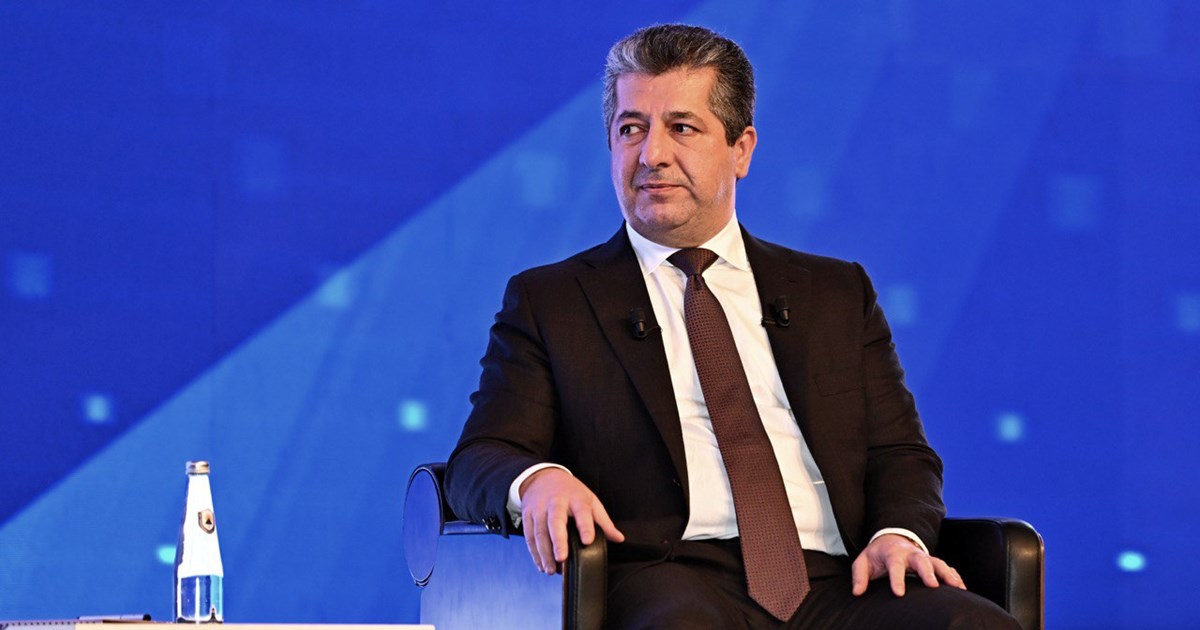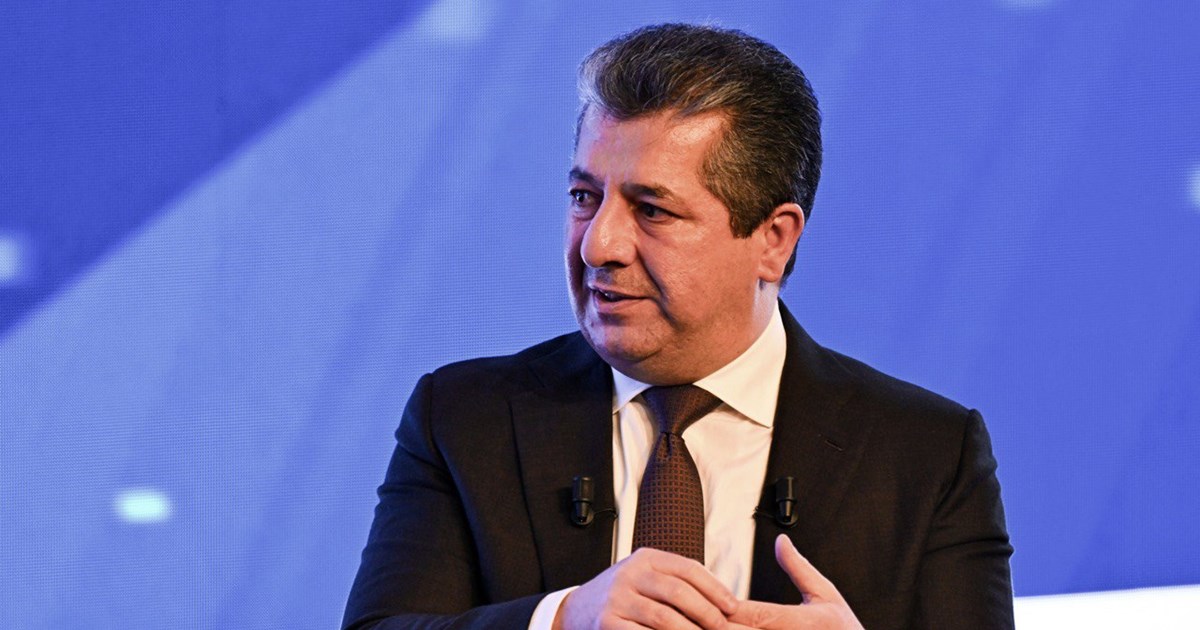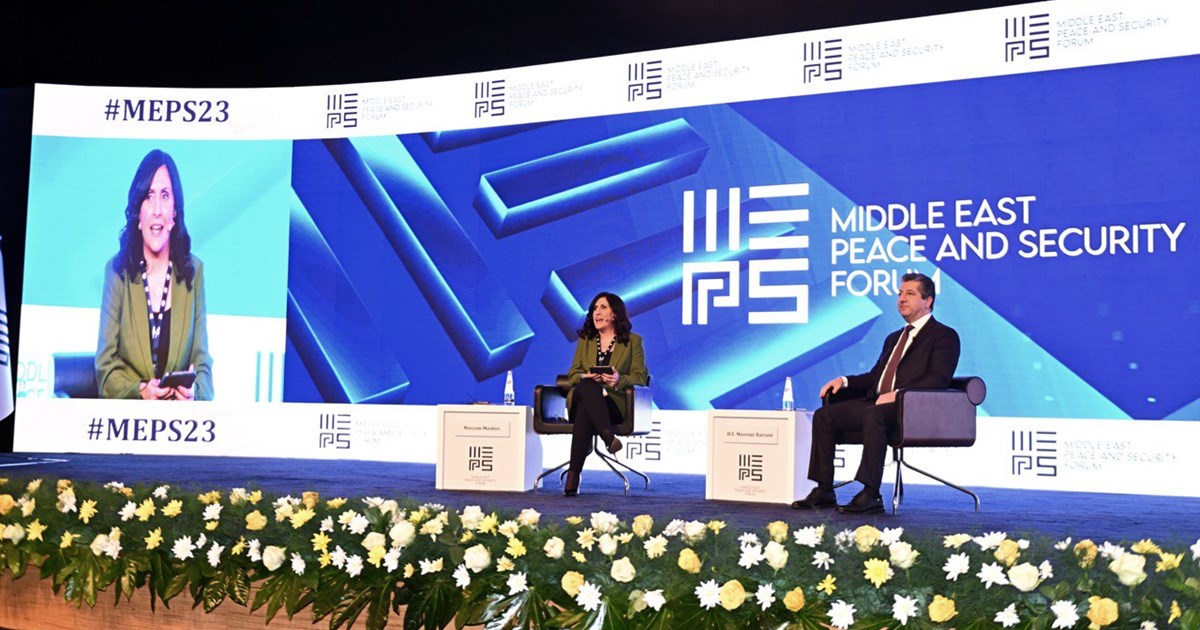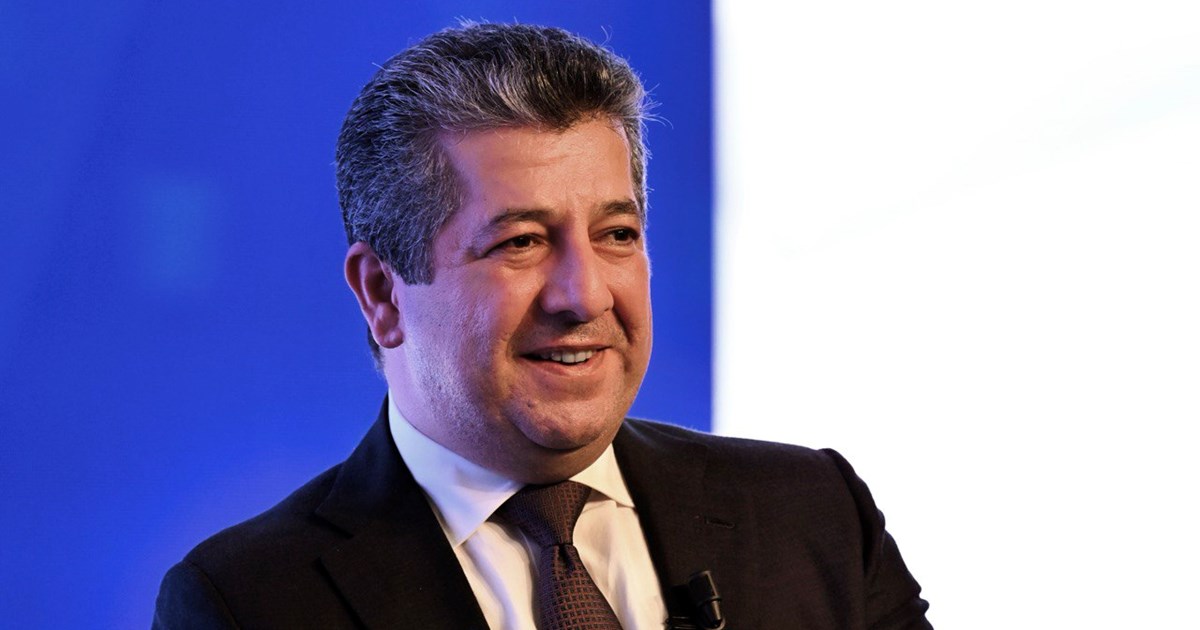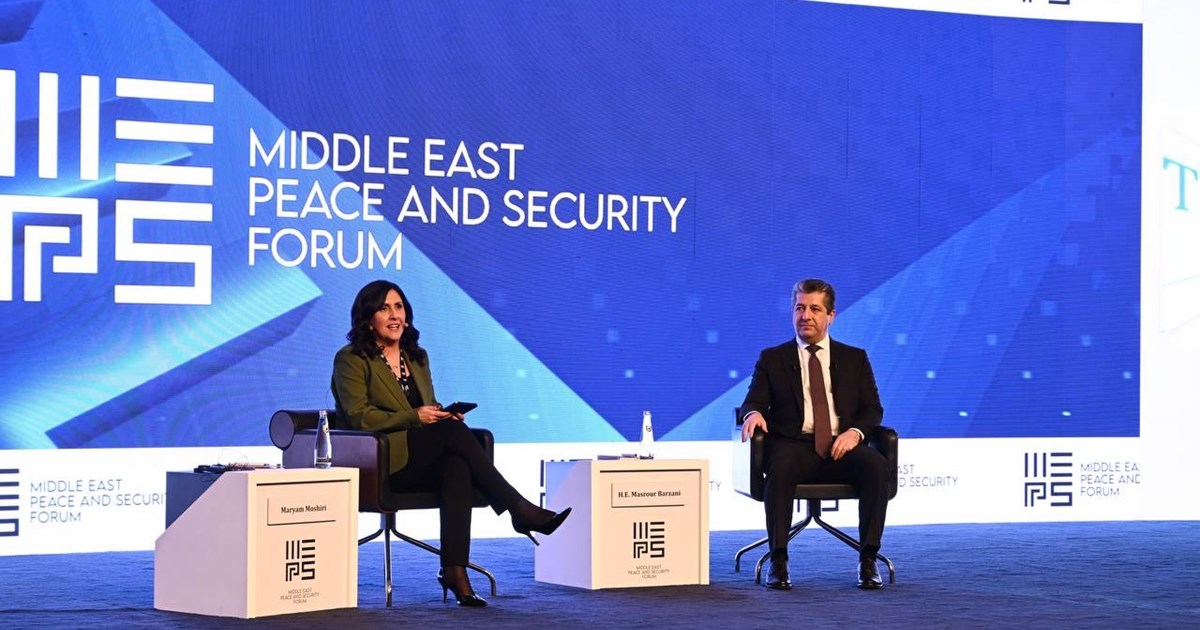KRG Prime Minister Discusses Regional Issues and Domestic Policies in Special Panel
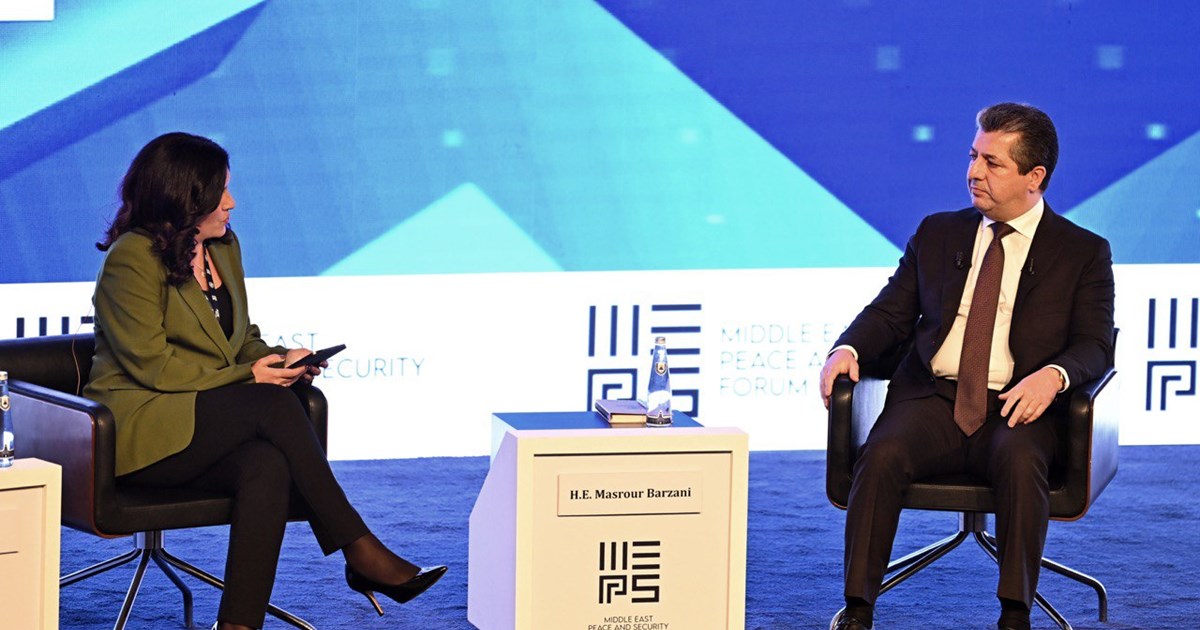
In a candid discussion with BBC presenter Maryam Moshiri, the Kurdistan Regional Government's Prime Minister Masrour Barzani addressed a spectrum of issues, ranging from regional conflicts to internal political and economic challenges. Emphasising a peace-centric approach, PM Barzani denounced warfare, particularly in the context of the Middle East, advocating for the resolution of conflicts through diplomatic channels.
The Prime Minister also touched upon the strained relationship between Baghdad and Erbil, especially over oil exports. He underscored the importance of respecting the Kurdistan Region's constitutional rights in oil matters, highlighting discrepancies in production costs and the need for fair calculations by Baghdad relating to the financial entitlements of the region. This issue, deeply rooted in the interpretation of federal and regional powers, remains a pivotal point in Baghdad-Erbil relations.
Domestically, PM Barzani highlighted his government's efforts in diversifying the Kurdistan Region's economy beyond its traditional reliance on oil, citing significant investments in agriculture, tourism, and industry. This shift, crucial in the face of economic challenges posed by reduced oil prices and budget cuts from Baghdad, aims to create a more resilient and multifaceted economic structure.
The conversation also delved into digitalisation, particularly in banking and government services, aimed at fostering a transparent and efficient financial system. Tackling corruption is another key focus for PM Barzani’s administration, with an emphasis on systematising government functions to prevent misuse and malpractice.
Addressing environmental concerns, PM Barzani acknowledged the pressing issue of climate change, especially water scarcity, and outlined initiatives such as dam construction, afforestation, and gas capture from oil wells. He stressed the collective responsibility of the international community in mitigating the effects of climate change.
The empowerment of youth and women was another significant topic. PM Barzani detailed initiatives like the Kurdistan Region Innovation Institute and the promotion of women in various high profile posts in the public sector, including ministerial positions in the cabinet. He emphasised the importance of creating opportunities for the youth and women to foster a more inclusive and dynamic society. This approach aims to nurture a progressive environment where diverse talents contribute to the Kurdistan Region's growth and development.
In conclusion, PM Barzani's interview reflected a deep commitment to addressing both regional and internal challenges through a combination of strategic diplomacy, economic diversification, and social empowerment. His forward-looking policies, particularly in the realms of digitalisation, corruption control, and climate change, signal a concerted effort to steer the Kurdistan Region towards a sustainable and equitable future.

